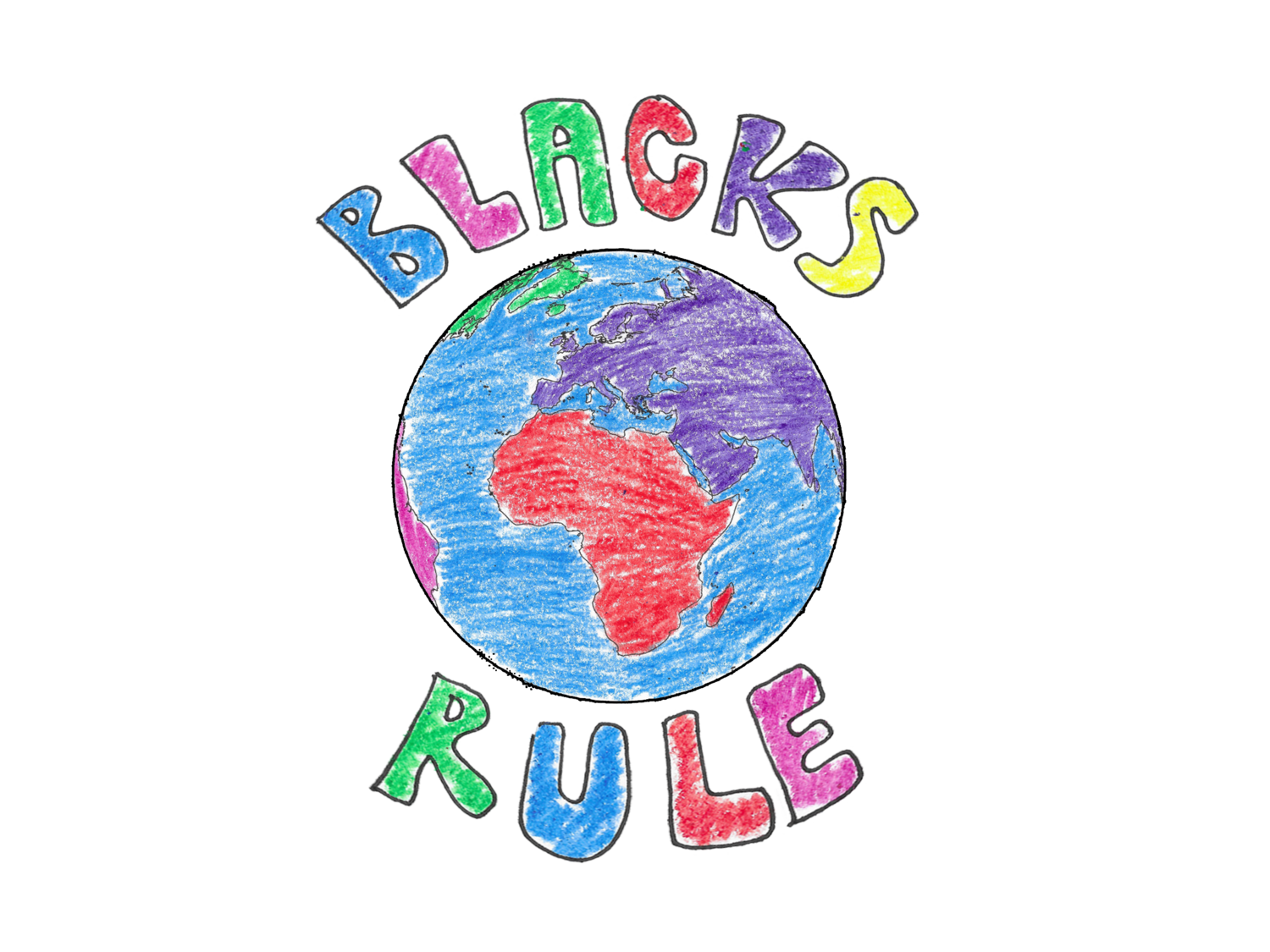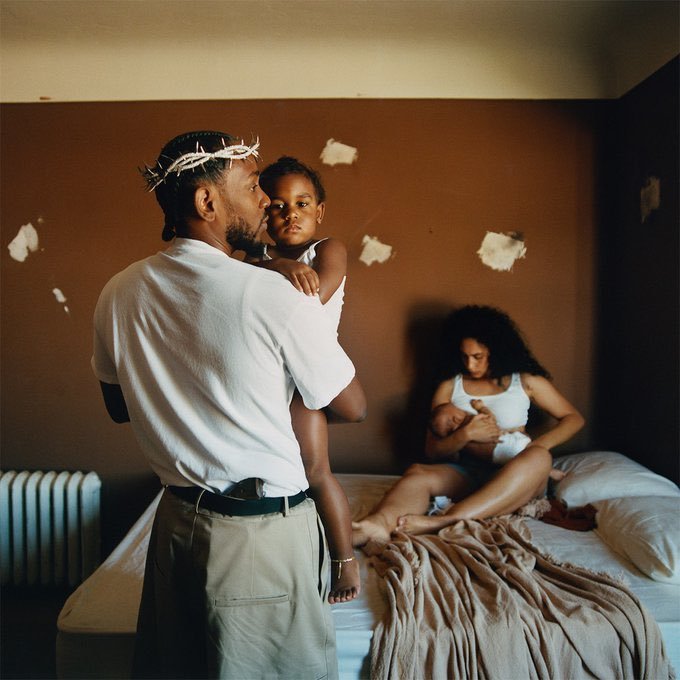Mr. Morale and the Big Steppers, a Journey of Introspection and Resentment.
By Danielle Butler
Kendrick Lamar has a lot of unwanted weight to shed. The expectations of the public, generational trauma, the apparently totalitarian constraints of ‘oversensitivity’ bogging down artistic expression, learned toxic behaviors, and all the self destructive indulgences that come with fame.
His recent double LP, Mr. Morale & The Big Steppers, seeks to free him of that weight. Offering an album that is an exercise in self evaluation that often toggles between self development and self indulgence, and while probably his most ambitious in artistic theme, no project has better displayed the contrast in his strengths, weaknesses, and glaring inconsistencies. The album kicks off with “United In Grief”, a bombastic track with a lot of moving parts, striking piano chords, and punchy drums that convey a frenetic urgency. Kendrick raps about his unfulfilling material indulgences over the span of his career, insecurity, and connecting with a model in Chicago over grief and loss after a show:
Fair enough, green eyes said her mother didn't care enough
Sympathize when her daddy in the chain gang
Her first brother got killed, he was twenty-one
I was nine when they put Lamont in the grave
Heartbroken when Estelle didn't say goodbye
In “N95'' the degree of confrontation increases in intensity, he demands the listener take off their artifice and face their naked ugly selves, makes some vague reference to the government lying about the pandemic, rails against his high taxes,“cancel culture” and critics. “Worldwide Steppers' ' accelerates the persecution complex and reactionary politics visited on the prior track, and ramps it up a few notches. Kdot opens up about his writers block, former sex addiction, and at one time seeing sex with white women as some sort of racial revenge his ancestors took part in viewing. Here Lamar also joins the rest of his celebrity peers in the oppression cosplay of calling out cancel culture for “hindering” free speech, all the while being conspicuously unaware of the censorship battles raging in school libraries, prisons and school curriculum. Centering themselves as the most persecuted and censored among us. If that wasn’t enough, the song’s hook uses ‘heterophobic’ in earnest, coupling it with homophobia as equal pairings of the world's social ills;
We some killers, walkin' zombies, tryna scratch that itch/Germophobic, hetero and homophobic/Photoshoppin' lies and motives/Hide your eyes, then pose for the pic.
What is striking in this track, and others, is how Lamar who throughout the album seeks to distance himself from celebrity, created songs that so clearly illustrate his insulated celebrity status.
Things take a sharp turn towards more levity, with the pleasantly ambient and uptempo “Die Hard”, an incredibly radio friendly song that samples Khadja Bonet’s “Remember The Rain” and benefits from Amanda Reifer’s syrupy vocals on the post chorus. Here Kendrick opens up more about his insecurities and difficulty forming trust in relationships. “Father Time” boasts an infectious melodic feature from Sampha, while Kenrdick reflects on the toll his father’s forced lessons in emotional stoicism took on his understanding of himself and his interpersonal relationships. “We Cry together”..is a song that will garner some polarizing reactions. One part RZA’s “Domestic Violence”one part cutting room scene from Baby Boy, Kendrick and Zola’s Taylour Paige portray a toxic couple hurling insults at each other in a Community Center For Serious Acting sort of way, for what seems like half an hour.
In another interesting and possibly polarizing artistic choice “Auntie Diaries” a song in which Kendrick discusses his process of accepting the transition of his trans uncle and cousin, involves the rapper displaying and decrying his past ignorance by dropping so many F-bombs you’d think he was binging on them before going cold turkey. As the song progresses sharing some endearing reverence Lamar has for his uncle and his part in his upbringing , it also continues with Kendrick toggling between using correct pronouns and misgending his uncle and cousin, while also deadnaming them. A generous reading of this song, is that it’s meant to be a raw and honest depiction of the inartful but gradual process of the acceptance of trans people, in Black families. Some may even find it to be a momentous and novel concept in mainstream Hip Hop (since the bar is so low) and a commendable attempt to encourage “discourse”. But this execution can only be approved, if the artist did not consider the listening experience of the very community he is purporting to understand better, and it makes the song’s intended audience very clear. Ultimately despite whatever intention, it comes across like a song for cishet people to marvel at our willingness to have this discussion.
This musical journey of self actualization is rife with collaborators, his partner Whitney Alford, Oprah approved self help guru Eckart Tolle, and Kodak Black serve as narrators. There’s also a Kodak Black feature on the forgettable “Silent Hill”. Black’s presence often serves as an antagonistic tool to redeem the casualties of 'cancel culture’, rebel against audience expectations, and the pressures of ‘fake wokeness’.“Like it when they pro-Black, but I’m more Kodak Black” he raps on “Savior” But when it comes to songs like “Mother I Sober”, a poignant and arrestingly vulnerable examination of how his mother’s sexual assault and the resulting trauma affected his childhood ,the decision to insist on the presence of a man who was alleged to have sexually assaulted a teenage girl, makes the contradictions all the harder to reconcile. Likewise, In “Savior” Kendrick appears to reject the spoils of celebrity idolatry and the role of thought leader, but still compares critique to crucifixion and likens himself to Buddha and Christ in “Rich Spirit”. Then there’s also the depiction of him wearing a crown of thorns on the album cover. Maybe this is all meant to display the complex contrasts of the human condition or maybe it’s just evidence of self indulgent and inconsistent shitty politics.
As much as this LP is presented like a spontaneous purge-filled therapy session, the choices made were deliberate and calculated. With all the messiness, contradictions and complexities, there is an overarching message that is communicated clearly. Kendrick is resentful of having an audience to answer to, and exhausted by a public that expects things of him. Lamar sticks the landing on making his most vulnerable and introspective project to date, However its poignancy is negated and often undermined by these resentments. Self development is generally looked to as a positive thing, there’s nothing wrong with examining oneself and changing the things that no longer serve us. But is the process itself an innately positive thing if the person who comes out on the other side, is only interested or capable in understanding themselves and those in closest proximity to them? Excavating your sins and revealing your flaws may be an important first step, let’s just hope this album marks the initiation of the journey and not its total completion.




